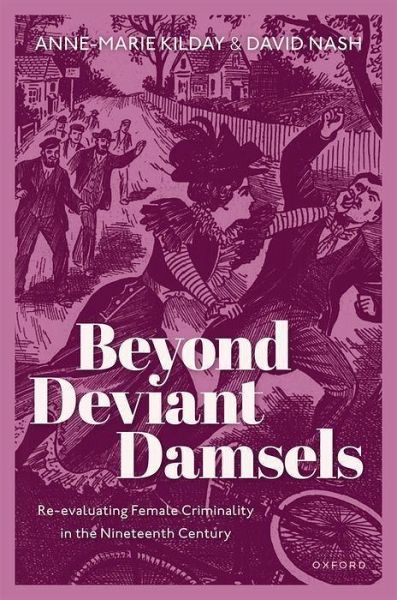
Beyond Deviant Damsels
Re-Evaluating Female Criminality in the Nineteenth Century
Versandkostenfrei!
Versandfertig in über 4 Wochen
122,99 €
inkl. MwSt.

PAYBACK Punkte
61 °P sammeln!
Beyond Deviant Damsels offers a new interpretation of women's criminality in the nineteenth century, countering assumptions that women commit crime in highly gendered ways and questioning the value of using stereotypes to analyse criminality, an approach that marginalises the importance of circumstances and individual choice.












